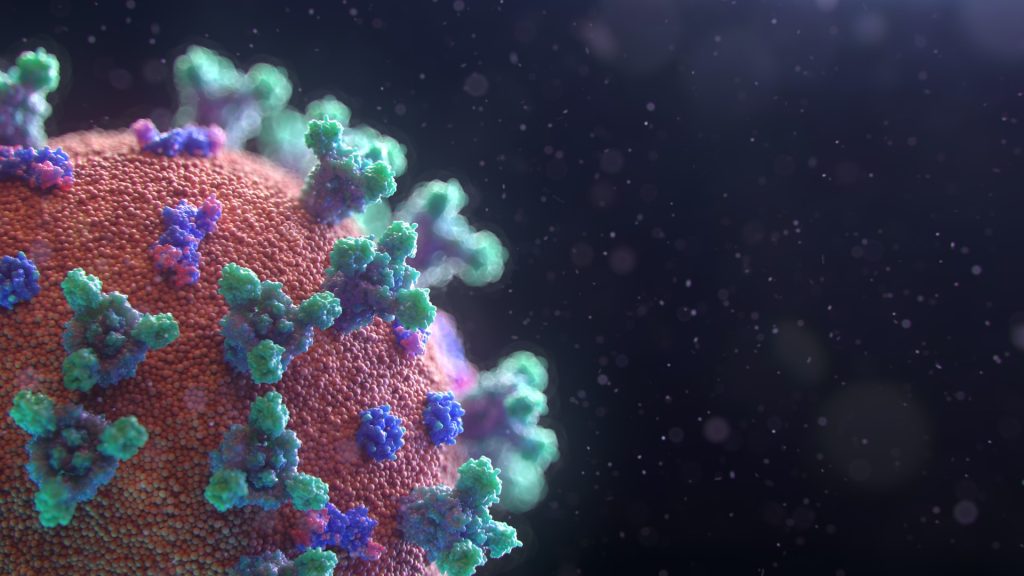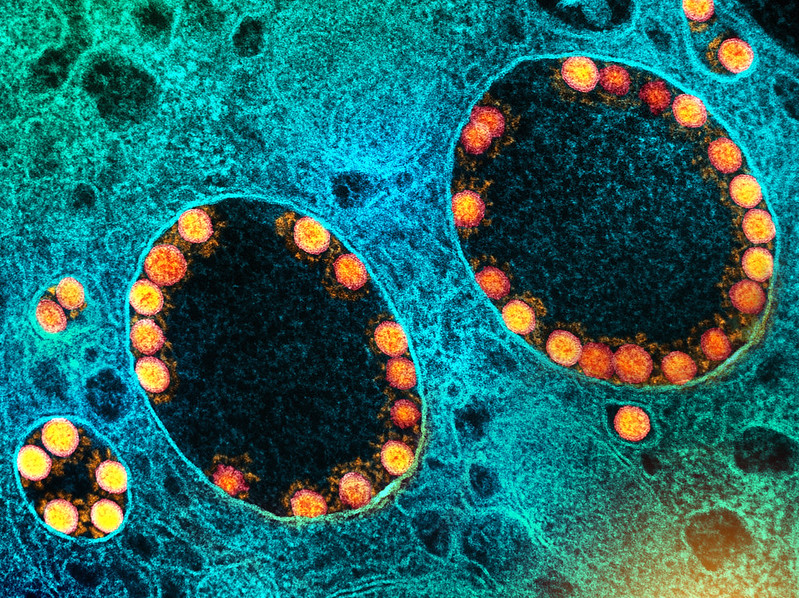COVID did not get Weaker – Our Immune Systems got Stronger, Large Scale Study Suggests

Researchers have shown that the reduced mortality from COVID is not necessarily due to the fact that later variants, such as Omicron, have been less severe. Rather, the reduced mortality seems to be due to several other factors, such as immunity from previous vaccinations and previous infections. The study is published in the latest issue of Lancet Regional Health Europe.
The researchers at Karolinska Institutet, together with partners in the EuCARE project, conducted a study using patient data from more than 38 500 hospitalised patients with COVID, from the start of the pandemic to October 2022. The data comes from hospitals in ten countries, including two outside Europe.
The data showed that in-hospital mortality decreased as the pandemic progressed, especially since Omicron became the dominant variant. However, when the researchers modelled the mortality rates for different variants (pre-Alpha, Alpha, Delta and Omicron) and took into account factors such as age, gender, comorbidity, vaccination status and time period, they saw far fewer differences and weaker associations. They also saw differences between age groups, highlighting the importance of conducting separate analyses for different age groups.
“Overall, our findings suggest that the observed reduction in mortality during the pandemic is due to multiple factors such as immunity from vaccination and previous infections, and not necessarily tangible differences in inherent severity,” says Pontus Hedberg, first author of the study.
Omicron variant no less severe
Understanding the disease course and outcomes of patients hospitalised with COVID during the pandemic is important to guide clinical practice and to understand and plan future resource use for COVID. A particularly interesting finding is that the inherent severity of Omicron has not necessarily been significantly reduced, but that other factors are behind the reduction in mortality.
“The fact that Omicron can cause severe disease was seen in Hong Kong, for example, where the population had low immunity from previous infections and low vaccination coverage. In Hong Kong there was a relatively high mortality from Omicron,” says Pontus Hedberg.
Highlights the importance of protecting the elderly and those with underlying diseases
The main applications of the study results going forward are the continued need to protect the elderly and patients with other underlying disease from severe disease outcomes through vaccination against COVID, even though new virus variants may appear less virulent. The results are also important for understanding trends in mortality in hospitalised patients with COVID and thus planning for resource use in hospital care.
Larger multinational collaborative projects like this are of great value to increase the generalisability of studies and not least to promote international collaboration also for future pandemic or epidemic scenarios.
Source: Karolinska Institutet



